Last Updated on August 2, 2021
Plot: It's 1969 and famed Hollywood icon Judy Garland is broke, without work, and with little options. In hopes of making enough money to keep her kids with her, Garland embarks on a five-week run of shows at London's Talk of the Town club, where she tries to put on a series of dazzling of shows while fighting her own battles behind the curtain.
Review: The new biopic JUDY – centering on some of the last days of star Judy Garland – proves a point that many biopics have in the past: One towering, mesmerizing performance can make a simply fine movie that fits neatly within a formula seem like a must-see achievement. As Garland, Renée Zellweger delivers a compassionate, charming, sometimes devastating performance that needs to be seen by anyone who is a fan of exceptional performances, and in delivering such bravado work she stands above the movie she’s in, and everyone in it, leaving a single spotlight shining just on her.
Focusing on one key stretch of time in the star’s life, Rupert Goold’s JUDY centers on Garland as she performs a five-week run of sold-out shows at London’s Talk of the Town club. Taking place six months before her death at age 47, Garland is at this point broke, virtually homeless, and forced to work for what money she can while being away from the people who can give her the pure, unfettered love she craves – her children, Lorna and Joey. Zellweger demonstrates a commanding grasp of Garland in these early scenes, seamlessly gliding between the star’s pain, frustration, warmth, wit, and soon her giddy infatuation with her soon-to-be fifth husband, Mickey Dean (Finn Wittrock). With her humor, she gives vigor to the most mundane of moments, and during the character's rougher times she lends a raw vulnerability that draws you closer to Garland's deepest emotional struggles.
As quickly evident as Zellweger’s incredible turn as Garland is, that same love and drive to get the details about the icon right are reflected in the script from Tom Edge. The writer clearly has a passion for and sympathy towards Garland, showcasing everything that made her such a fierce talent and natural performer, as well as all her vices. Garland had troubles just like everyone else, but on a much larger stage, and Edge’s script includes scenes that go back to her younger days on MGM lots (played by Darci Shaw), being talked down to and her confidence diminished by an imposing Louis B. Mayer. All this paints a clear picture of Garland, illustrating what about her turbulent early showbiz life made her the woman she is here.
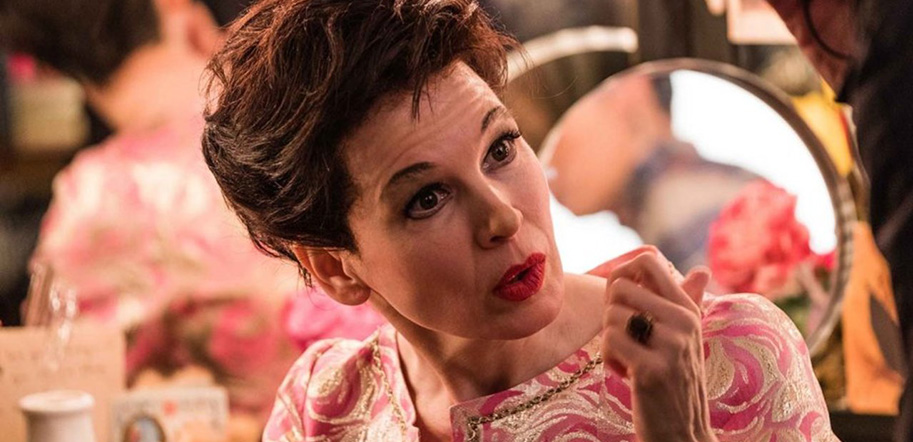
Garland reflects on these moments from time to time, giving us an insight into the Golden Age of Hollywood so few know about, while at the same time digging deep into a troubled star struggling to find and keep hold of love in her life — whether it be from husbands, her kids or the crowd. The Garland we see on-screen is a very passionately constructed one, and again, it cannot be understated how great Zellweger is in the role. During the down times she brings out Garland’s flaws, confusion and rage, and during the stirring highs belts out the star’s recognizable, powerful vibrato. She’s an absolute show-stopper, capturing the icon’s quick wit and charm as much as her complexity and pain, and by the end, she may damn well bring some tears to your eyes.
As loving a depiction of Garland as JUDY provides, the pacing and structure of the movie does little to elevate the movie beyond where anyone who has seen any other biopics expects one to go. Like a teeter-totter with more substance abuse and melodrama, the movie operates like a consistent stream of highs and lows. One minute Judy is feeling loved, admired and performing her shows with gusto, and the next she’s sunk into an emotional turmoil and finds herself being booed off the stage. And back and forth and up and down we go.
While I’m sure this mirrors the turbulent life of Garland, as a movie trying to tell a story it’s hard to discern what that story really is. Goold sets up his movie to act as one big stage for which we as an audience simply watch Judy go through this series of ups and downs, only to walk away understanding that, yes, Garland had a troubled life brought on by the kind of mental and physical anguish only fame can bring. Going through these ringers can feel monotonous, with little detail and hardly anything compelling being put on the table outside of what Zellweger brings. The musical numbers seem few and far between and are over far too quickly, giving everything *just* enough energy to pick you back up for the series of episodic moments that follow.
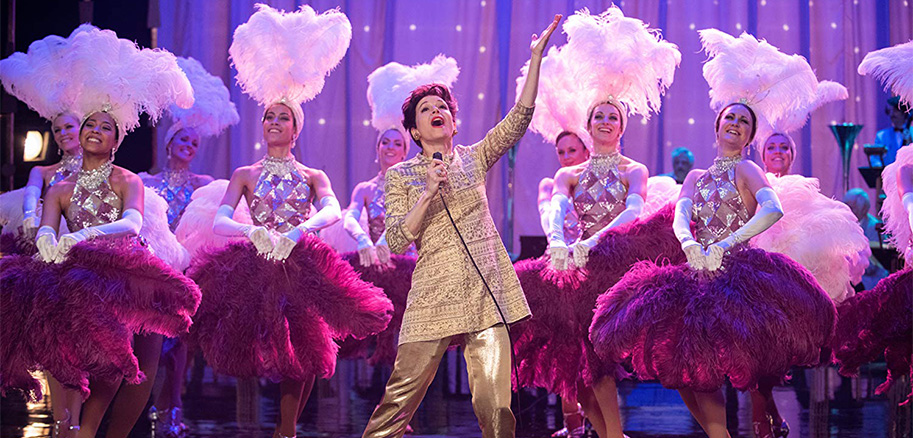
The supporting cast does what they can, but all pale next to their leading lady. Jesse Buckley is solid as Rosalyn Wilder, the steadfast, stable presence around Garland at this time in her life, and Finn Wittrock gets to flex some charm and gives his Dean a constant air of bullshittery, a man who talks a big game but doesn’t really know how to play. Everyone else in the movie is good, but sometimes even they have looks on their faces that show they understand that when Zellweger is on screen no one will be paying attention to them.
In the grand finale, Garland gets to sing the song she will forever be most known for – “Somewhere Over the Rainbow” – sending things off on an emotional whopper wherein she embraces the fact that no matter the trials backstage, she will always have her fans who love her dearly. If anything, this finale means to act as a firm reminder that the only thing that makes this train chug is the star at the center and the care that went into bringing her likeness to the screen. Looking past her, JUDY is a stage a dimly lit, with no other performer or element able to step away from the shadows of the most basic biopic formula and join Zellweger in the spotlight.


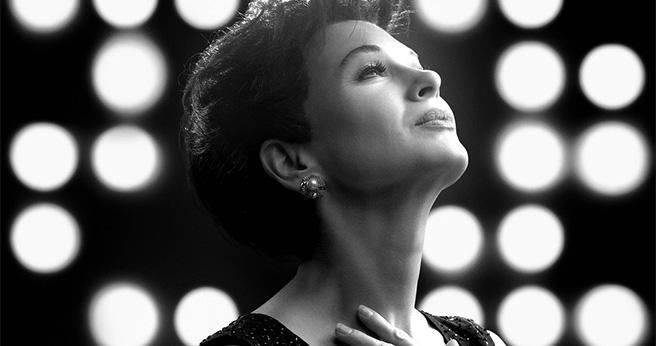




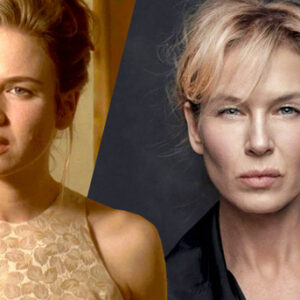
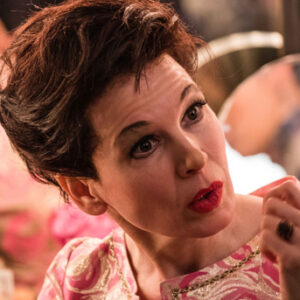
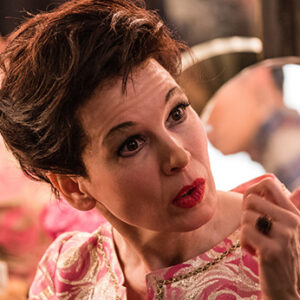
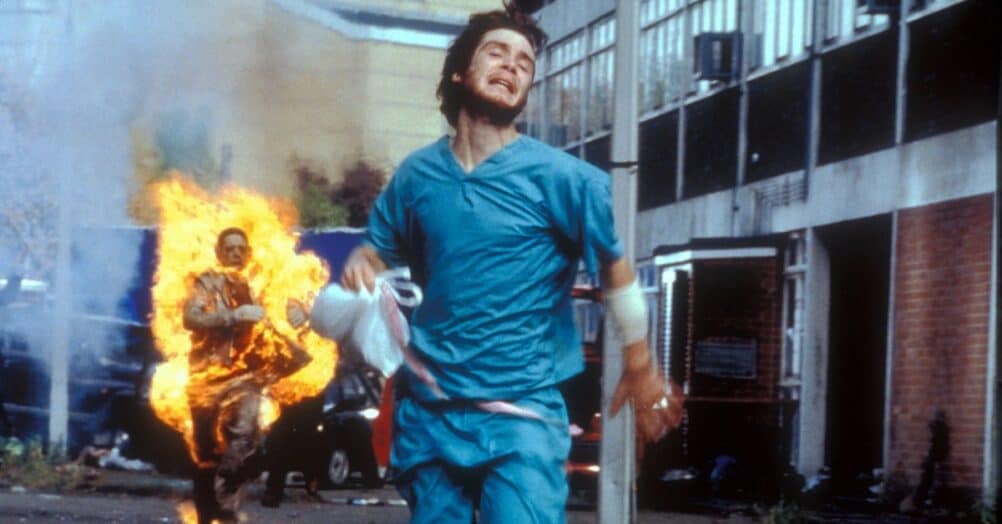

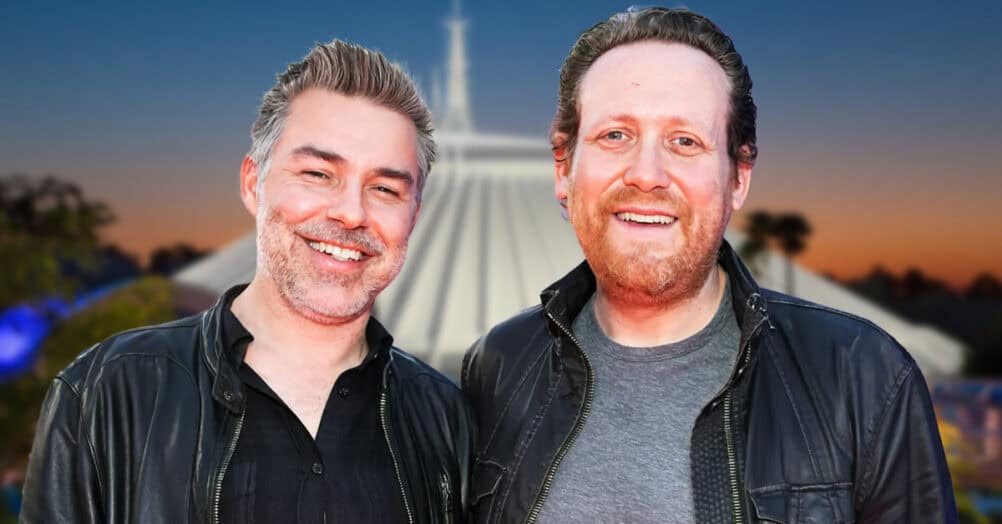
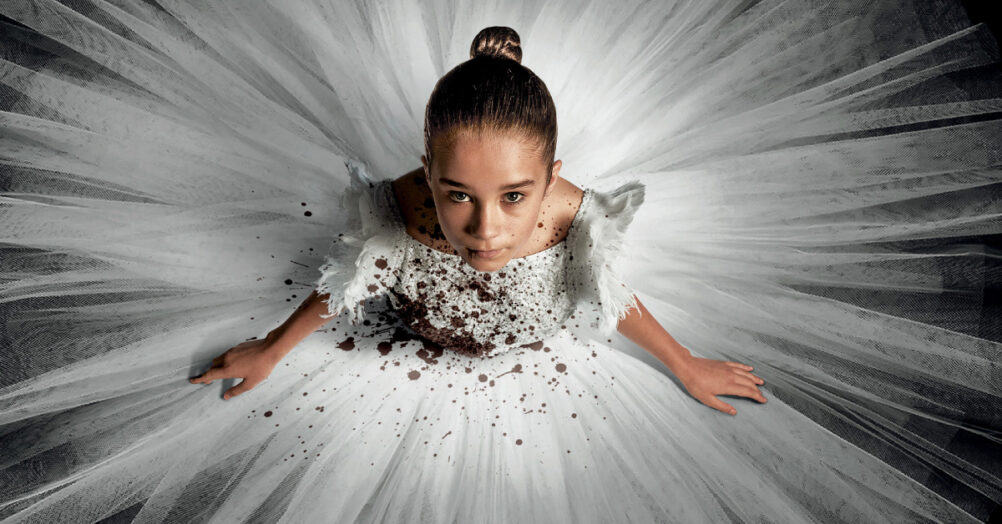

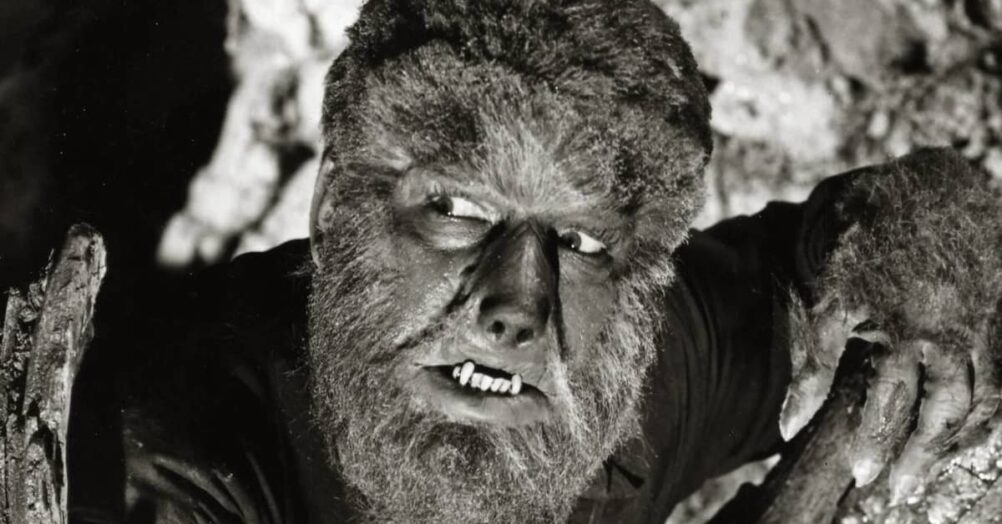

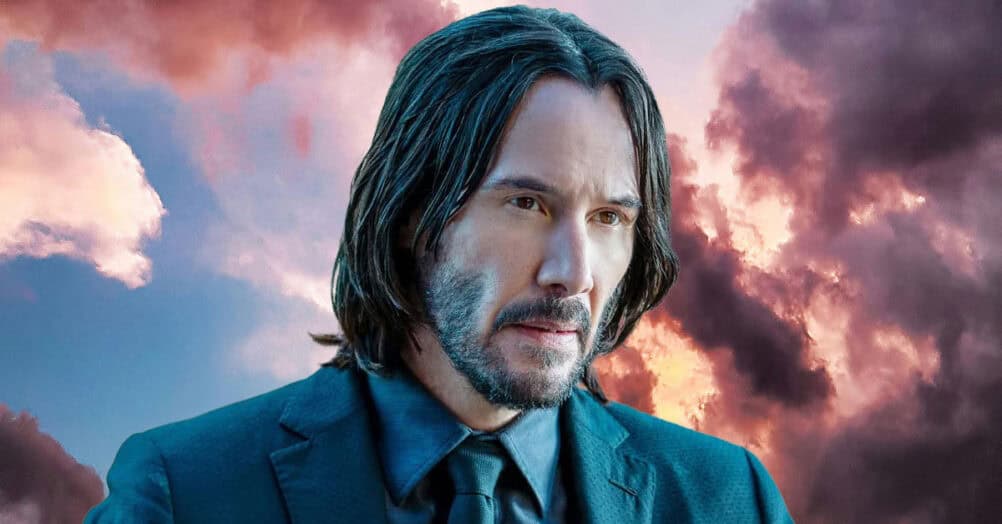
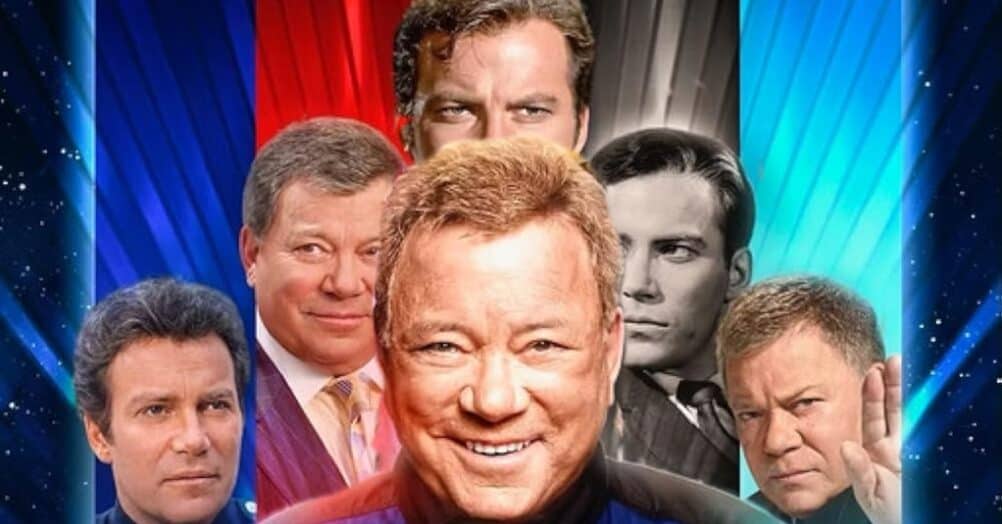

Follow the JOBLO MOVIE NETWORK
Follow us on YOUTUBE
Follow ARROW IN THE HEAD
Follow AITH on YOUTUBE